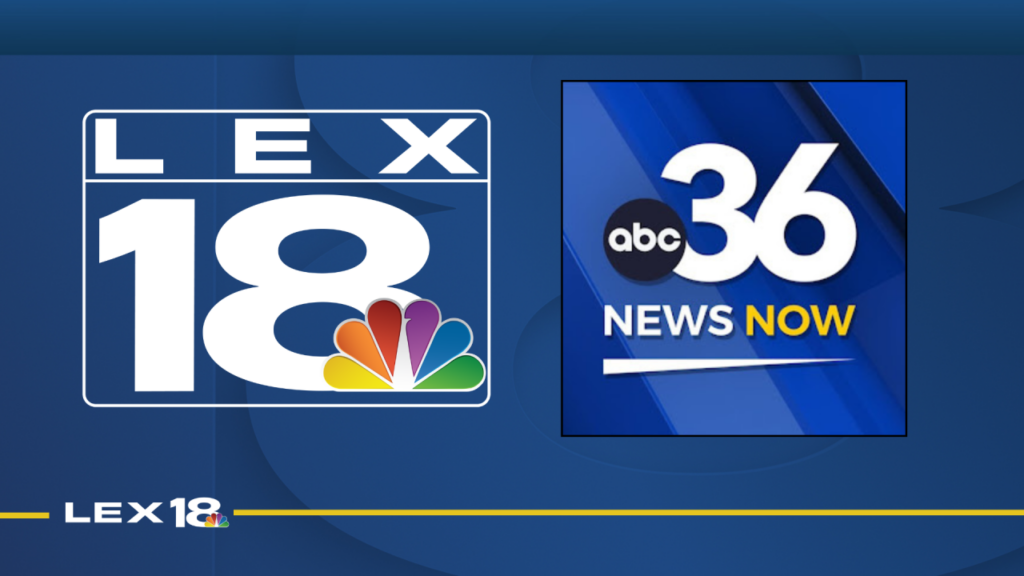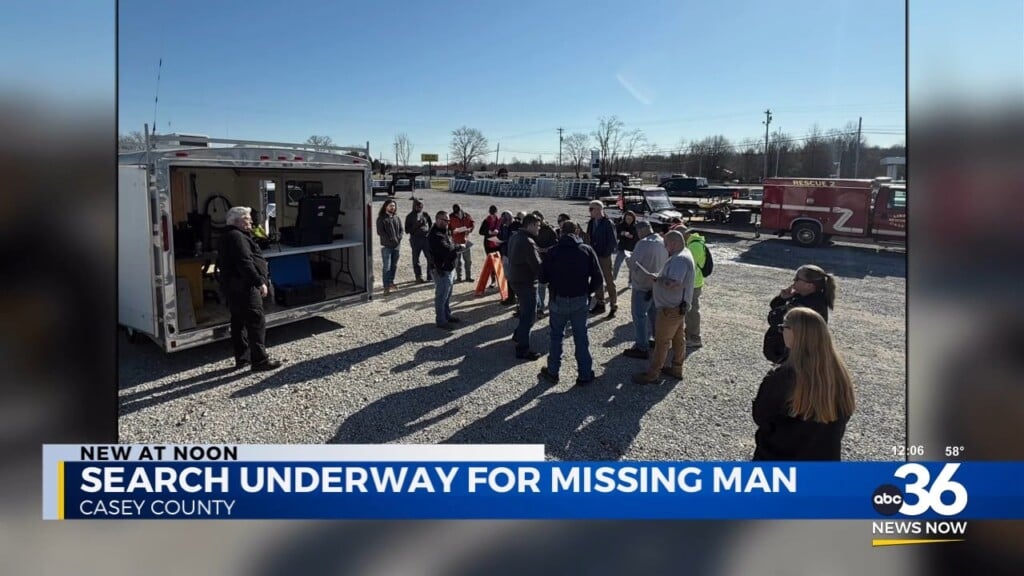LEXINGTON, Ky. (ABC 36 NEWS NOW) — A program that started in the early nineties meant to help low-income patients, is at the forefront.
But some worry that instead of offering help, it may be benefitting the pockets of executives at hospitals.
Jessica Baladad is a patient advocate, she says “they make healthcare easy to pay into but very difficult to understand.”
“340B was enacted by Congress in 1992 to allow nonprofit hospitals to purchase pharmaceuticals at discounted rates in hopes that they would be serving economically disadvantaged communities and pass those savings on to them,” says Baladad.
the program is funded by the drug companies.
“If this committee is serious about making healthcare more affordable, about making drugs more affordable, about improving commercial insurance and helping the patient, perhaps we need to reform 340B and make sure that patients are put first,” said Senator Bill Cassidy, (R-LA).
Some lawmakers are calling for more oversight of the program and its finances.
Jessica says, “I don’t want to see 340B go away. I don’t want it abolished. I think it does incredible things, especially for rural communities, the communities that we see throughout the Commonwealth of Kentucky. We just want to make sure that those funds are being passed down to patients and that they are benefiting from those funds that hospitals receive.”
Baladad who went through breast cancer, saw first-hand the quick rise in debt.
It wasn’t until she started asking questions.
“My biopsy bill was $20,000. I was out of network with the facility that did my biopsy in 2018, and they didn’t tell me until after I got the bill.
so whenever I called my hospital and said, I don’t have $20,000. You need to help me with this. I don’t know what’s going on,” and they’re like, well, we have charity care,” added Baladad explaining her experience.
Baladad says patients should not be having to go through hurdles to get access to financial aid that they qualify for.
She also gave a suggestion, “ask to fill out a charity care form, that’s where the funds from 340B should be going towards and that can help the patient feel more confident about what they’re going through and their diagnosis, and have a little bit of relief whenever, they see those medical bills come in.”
No tax payer dollars are used in the 340B Drug Discount Program.
Earlier this year Kentucky tried passing
House Bill 685 which would require nonprofit hospitals that participate in the 340B program to submit a report to the Cabinet for Health and Family Services by July 1, 2026 and every year after that. But the bill later died.
In Lexington, three hospitals participate in the program.
Baptist Health who released the following statement when asked about the program, “At Baptist Health, the 340B Drug Pricing Program helps participating hospitals purchase certain high-cost medications at a discount, which then allows the savings to support care for uninsured and underinsured patients, as well as expand access to care for the communities we serve. The federal program allows participating hospitals to save funds by not having to pay marked-up prices often set by pharmaceutical manufacturers. Baptist Health reinvests those savings to support essential programs such as medication therapy management, hepatitis C treatment and cardio-rheumatology clinics. Along with Baptist Health’s financial assistance programs for those experiencing hardship, these efforts help patients access needed services close to home.”
The University of Kentucky Albert G Chandler also responded with a statement:
“UK HealthCare in Lexington (which includes UK Chandler Hospital, UK Good Samaritan Hospital and Golisano Children’s at UK) as well as UK King’s Daughters Medical Center in Ashland, and UK St. Claire in Morehead, are all 340B entities, as are 78% of Kentucky hospitals. The 340B program is crucial for safety net hospitals like UK HealthCare that serve a high number of uninsured patients and those covered by government programs by allowing hospitals to purchase prescription drugs from pharmaceutical manufacturers at their best price. It is specifically designed to help hospitals stretch scarce resources to ensure access to care and to use the savings from paying the discounted price to address the needs of patients within their community.
At UK, the savings enabled by this program are used for such vital needs such as providing free or discounted drugs to patients who can’t afford them; supporting programs like cancer services and trauma services which routinely cost more than reimbursement pays for; and upgrading medical facilities and funding salaries of specialized medical staff to maintain community care access and outreach around the state.
The Health Resources and Services Administration (HRSA) has announced a pilot program that begins Jan. 1, 2026, that lets manufacturers for 10 high-cost drugs replace upfront 340B discounts with after-the-fact rebates.
This action would force UK HealthCare and other safety net providers to buy these medications at full price, tying up millions of dollars before rebates arrive. This could jeopardize our ability to provide these free or discounted medications as well as our capacity to provide essential services funded by the savings from the program.
ADDITIONAL BACKGROUND
- The 340B program is funded by big pharmaceutical companies, not
- Hospitals and other covered entities use the savings from the 340B program for a wide range of patient care and assistance as well as for offsetting billions of dollars in underpayments by Medicaid and Medicare.
- Transparency is already a part of the program. Hospitals and other covered entities are and have always been subject to audit by the Health Resources and Services Administration (HRSA), the federal agency charged with oversight of the program. HRSA audits 200 covered entities each year and has the authority to approve drug company audits. Hospitals also disclose how they employ savings from their purchase of discounted pharmaceuticals. They submit annual Medicare cost reports and IRS forms that detail the community benefits and charity care that they provide for patients. “
We attempted to get a statement from CHI St. Joseph East several times, but have yet to hear back.
Jessica hopes that members of congress can come together to find common ground to make it better for patients.



